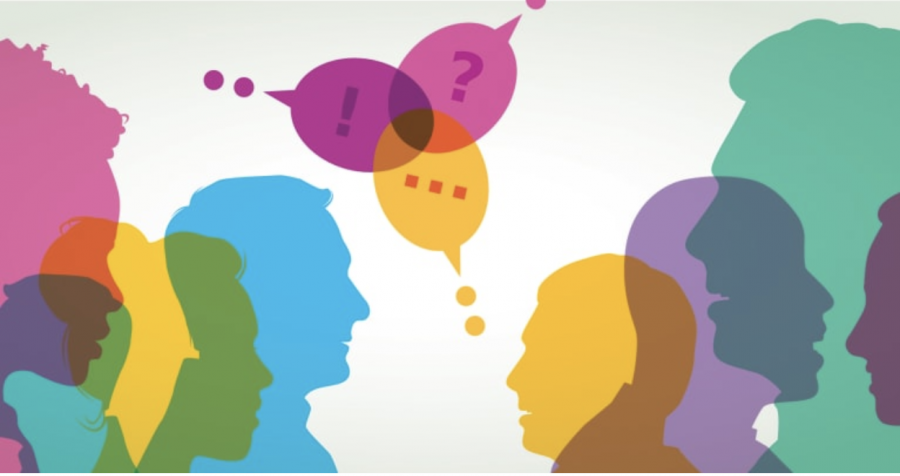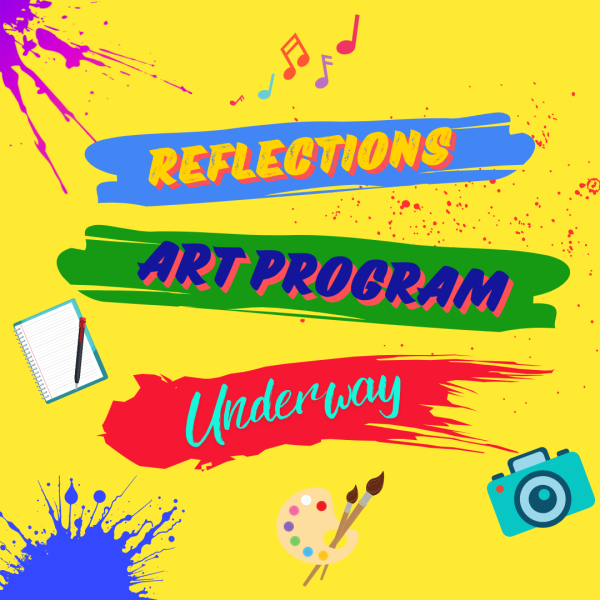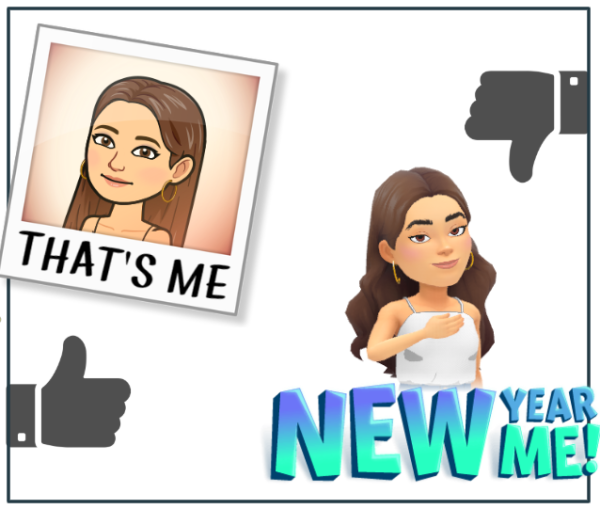WHY YOU SHOULD LEARN ANOTHER LANGUAGE
As students in the state of Texas, one of the first languages we are introduced to in school (besides English) is Spanish. Most schools require at least three language credits for high school students to graduate. These requirements might be a source of dread for some students.
Learning a new language can be very difficult. Studying a new language includes learning new vowels, letters, and sounds. So if it’s such an arduous feat, why should we learn new languages?
The first steps of learning a new language can be very difficult, but once you learn a new language, the doors of communication are opened twofold. In acquiring new knowledge of a language, you are able to communicate with new people all around the world.
The second language you learn doesn’t always have to be new. Perhaps you can learn the language of your family or ancestors. In learning your family language, you can understand your family on a whole different level. Understanding and speaking to your family in your mother tongue is something to be proud of. I know many people who aren’t able to communicate with their grandparents because they don’t speak the same language. If you are able to learn your family language, it’s a beautiful blessing for both you and your relatives.
It’s a challenging venture to undertake, learning a new language. But its benefits wholly outweigh its initial inconveniences. Here are some owl-some experiences from iUPrep Owls who speak more than one language. Their stories are beautiful and another reason for you to learn a new language!
iUPrep Sophomore Jesse L. is bilingual. He is fluent in both French and English. Jesse has spoken both languages for 15 years- since he was born. Born in France, Jesse says that French was harder to learn since it has so many different grammar rules and exceptions. English, on the other hand, was simpler and therefore easier, but Jesse found idioms like ‘it’s raining cats and dogs’ confusing. To Jesse, French is a beautiful language, but it’s a very complicated language with too many rule exceptions. He prefers English because it’s an easier language to master. His favorite part about being bilingual is that it helps him communicate with people during traveling, and that he gets to speak to twice as many people.
Another spectacular Sophomore at iUniversity Prep is Eleni. She is trilingual, speaking German, English, and Spanish. Eleni first learned English, but she learned German when she lived in Germany from ages 7-13. Through her family’s Latino heritage, Eleni was able to learn Spanish. She speaks German fluently with her mother and holds conversations with her extended family in Spanish. Eleni says she is the most comfortable speaking English, and she loves how easy it is to communicate in English, as many other countries around the world have adapted this language. German, with its complex pronunciation and grammar, was the hardest for Eleni to learn and speak. Although Eleni loves all three languages, her favorite is English, since it’s the first language she ever learned. To Eleni, the best part about being trilingual is that she gets to meet and communicate with countless amazing people through these languages.
I am a senior at iUniversity Prep, and I am bilingual. I speak both English and Vietnamese fluently, the latter since I was born. I first learned English when I attended kindergarten. I did not speak fluent English until 1st grade, and I continue to speak Vietnamese to this day. I think that both languages have their own difficulties- English has many different grammar rules that seem to be never stationary, while Vietnamese is a tonal language, with many different pronunciations that result in different meanings. In English, I struggle the most with grammatical conventions- things such as verb and subject agreement. In Vietnamese, one of the most complicated things is that one word can mean different things. For example, con can mean three things, differentiated only by accent marks. Con means child, while còn means still. Cơn means bout. (cơn gió = a bout of wind) These nuances are what makes Vietnamese so complicated. I do not have a favorite language- English has a special place in my heart, since I love any and all vocabulary. Vietnamese allows me to communicate with my family, and it’s a beautiful language in its own right. Right now, I am in the process of learning Spanish. I hope to one day become trilingual and speak three languages- English, Spanish, and Vietnamese.
These are some of the reasons why I think you should learn another language, and hopefully after hearing about our iUPrep students’ experiences with their knowledge of multiple languages, you are inspired to learn a new language as well!

Hi guys! My name is Nhi Nguyen and I'm a Senior this year at iUniversity Prep. This is my first year in iHoot and I'm so excited to be the editor for the...












